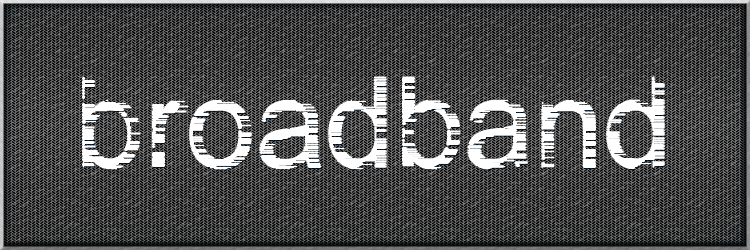 You have to be particularly interested in a topic to read Hansard, the report of parliamentary proceedings. Twitter has made it a lot easier, albeit hit and miss – you typically have to catch the tweet in the stream as it happens.
You have to be particularly interested in a topic to read Hansard, the report of parliamentary proceedings. Twitter has made it a lot easier, albeit hit and miss – you typically have to catch the tweet in the stream as it happens.
This week Ed Vaizey gave some answers to questions put by ISPA Internet Hero Tom Watson MP. Specifically Mr Vaizey said that the impact assessment on the DEAct suggested that the additional costs that would have to be applied to consumers broadband lines would have a relatively small but permanent effect of reducing demand for broadband connection by between 10,000-40,000. All assuming that the ISPs would pass on the full costs to their customers.
There are a few observations to make here.
Firstly the obvious one is that this goes against another government policy of trying to promote digital inclusion. Might the government now want to subsidise 10,000 – 40,000 broadband connections to offset the fact that they will not now be able to afford broadband. I wonder whether Martha Lane Fox, the government’s own Digital Inclusion Champion has any comments to make here?
The second point concerns the numbers used in the Impact Assessment itself. There is very little confidence within the ISP industry that the government got this right.
The Impact Assessment assumes that the total annual cost to all ISPs is between £30m and £50m. TalkTalk and BT have been suggesting that the annualized costs to their companies along are considerably higher than the total assumed for the whole industry.
The Impact Assessment clearly needs reviewing. Broadband expansion has been largely down to big cost reductions by ISPs in a very competitive market place. There is a clear relationship between broadband penetration and cost of the service. It has long since got to the point where consumer ISPs especially have had to expand their value proposition away from pure internet access because in itself this service had become unprofitable.
It would not surprise me to see a new Impact Assessment based on real costs showing a massively higher number of people that would be excluded from the broadband market.
I guess we will have to wait until after the Judicial Review to see what happens. In the meantime, c’mon Martha get your boxing gloves on. There is a fight going on here.
Link to Hansard – includes some other DEAct related questions from Tom Watson.

